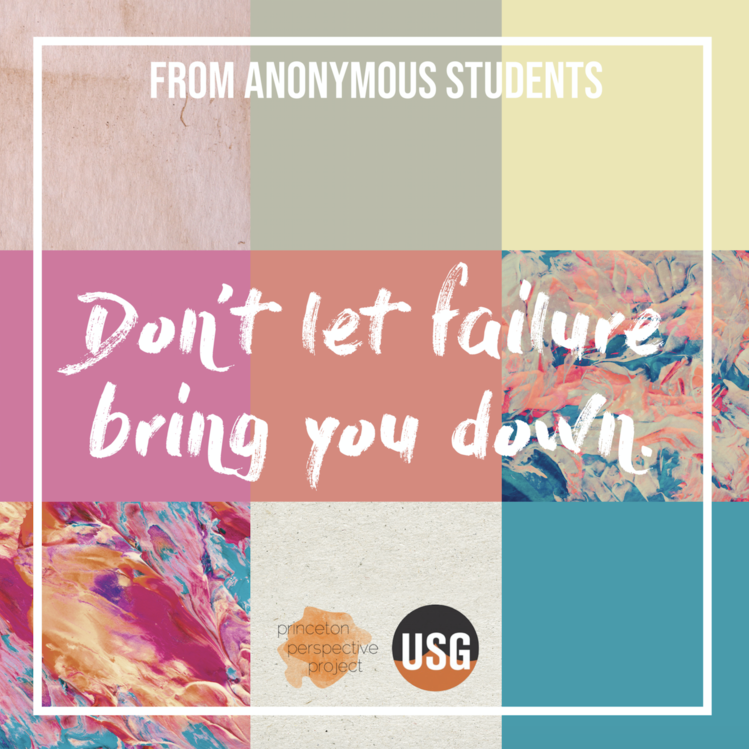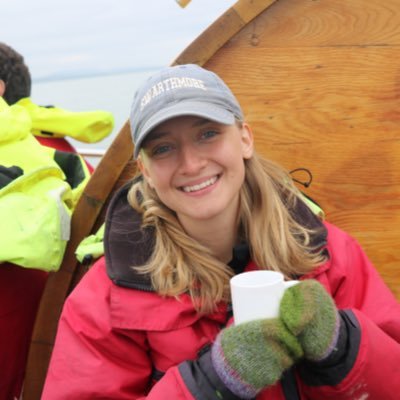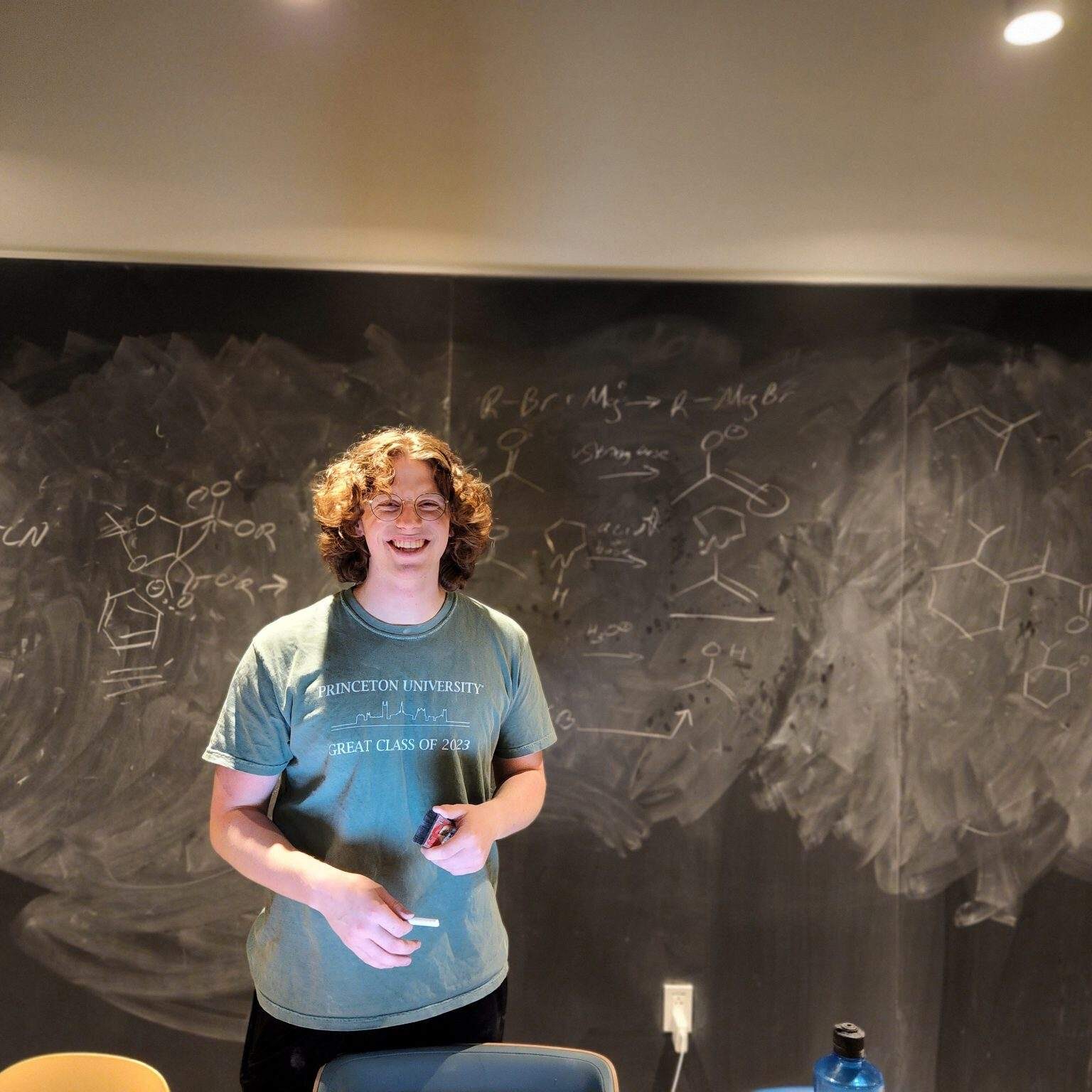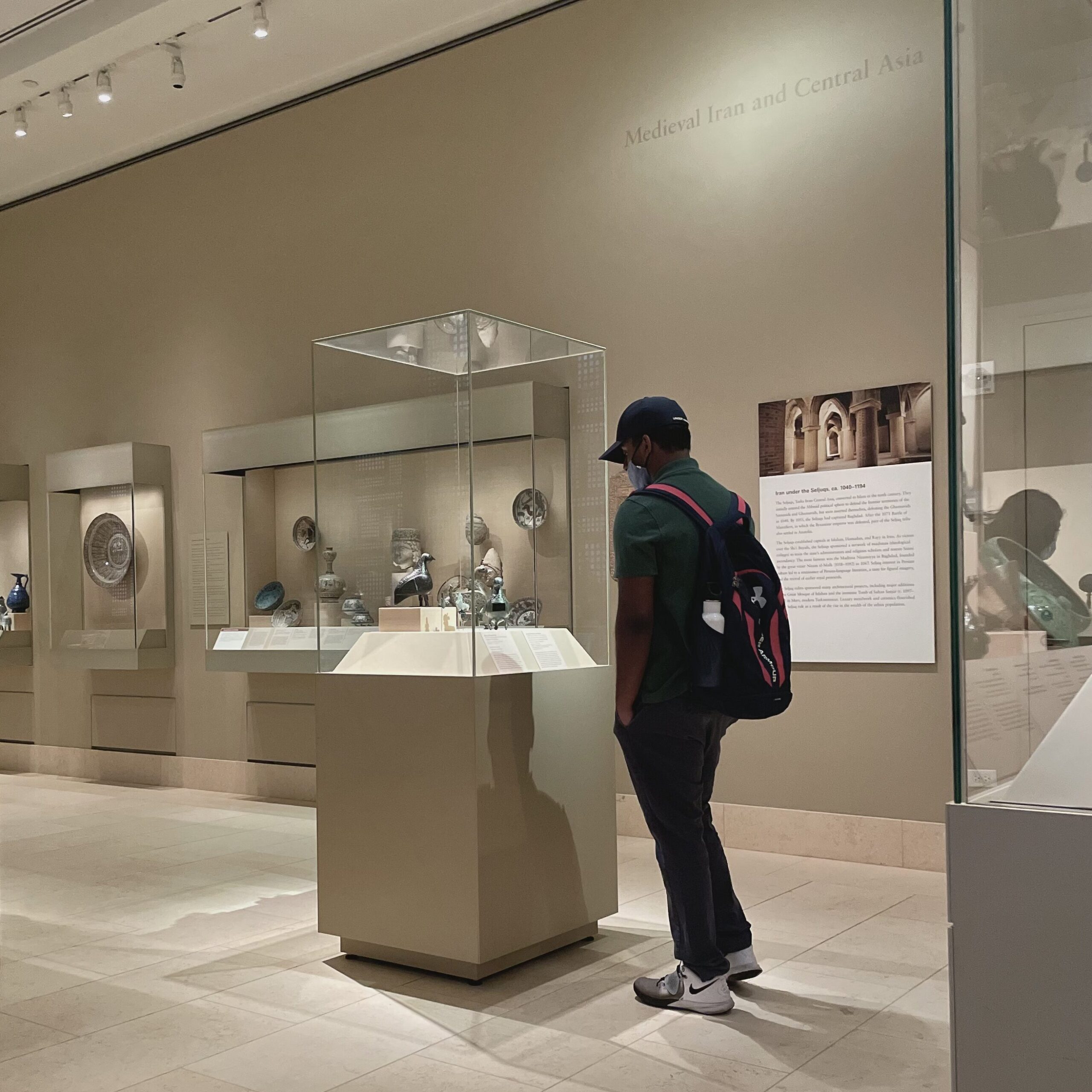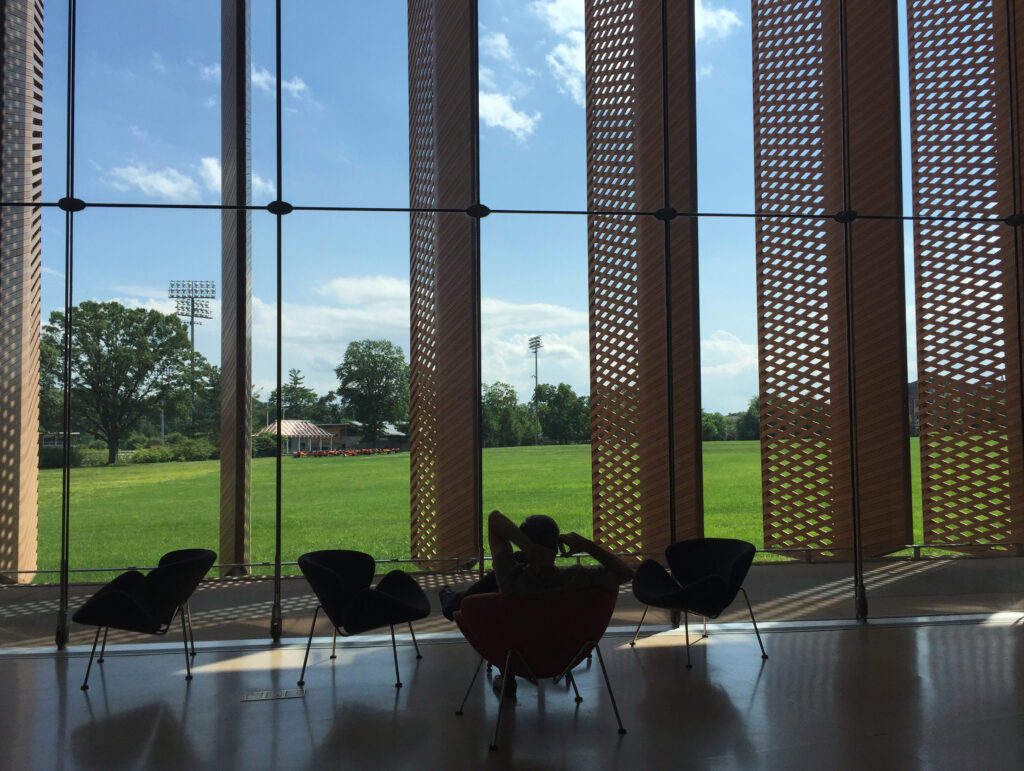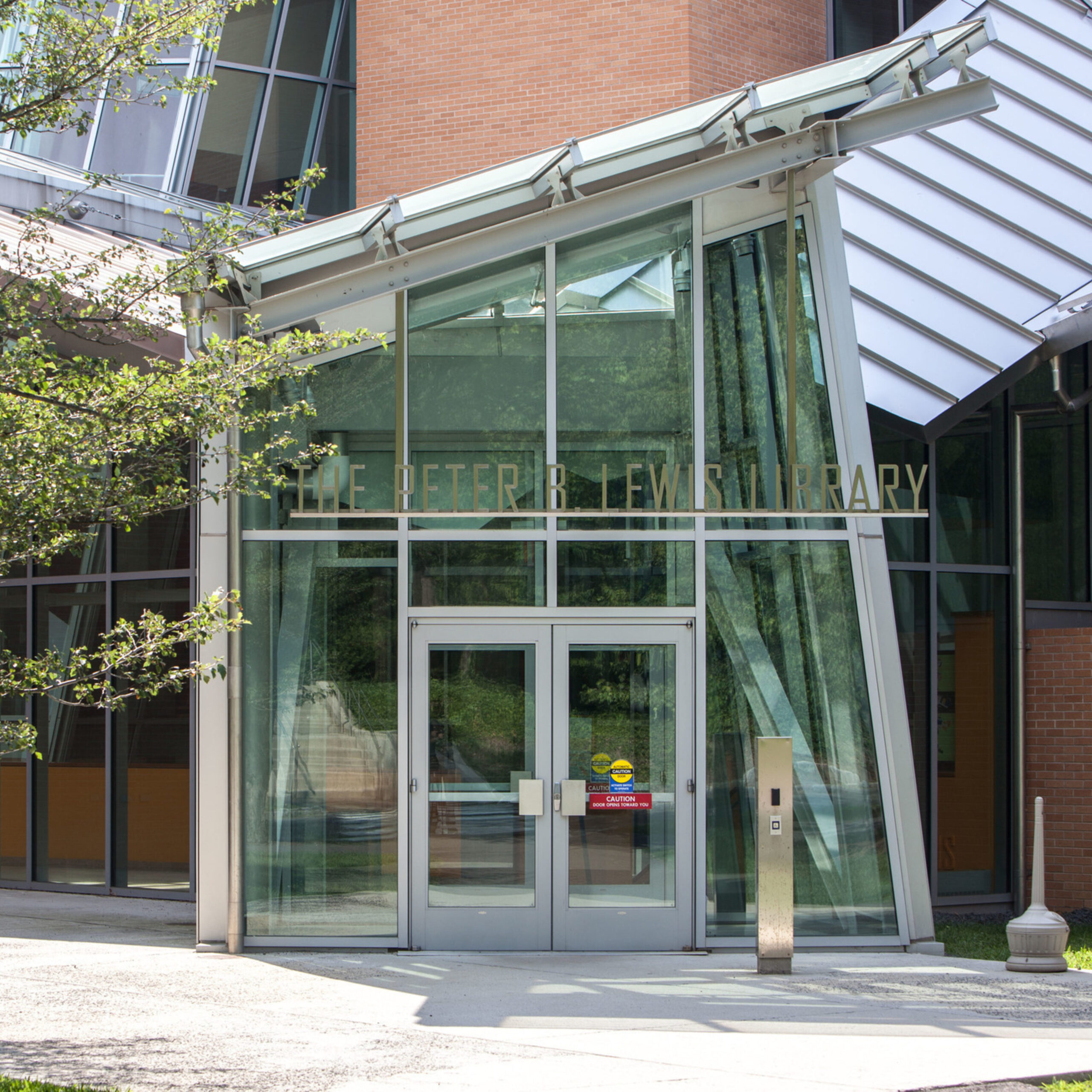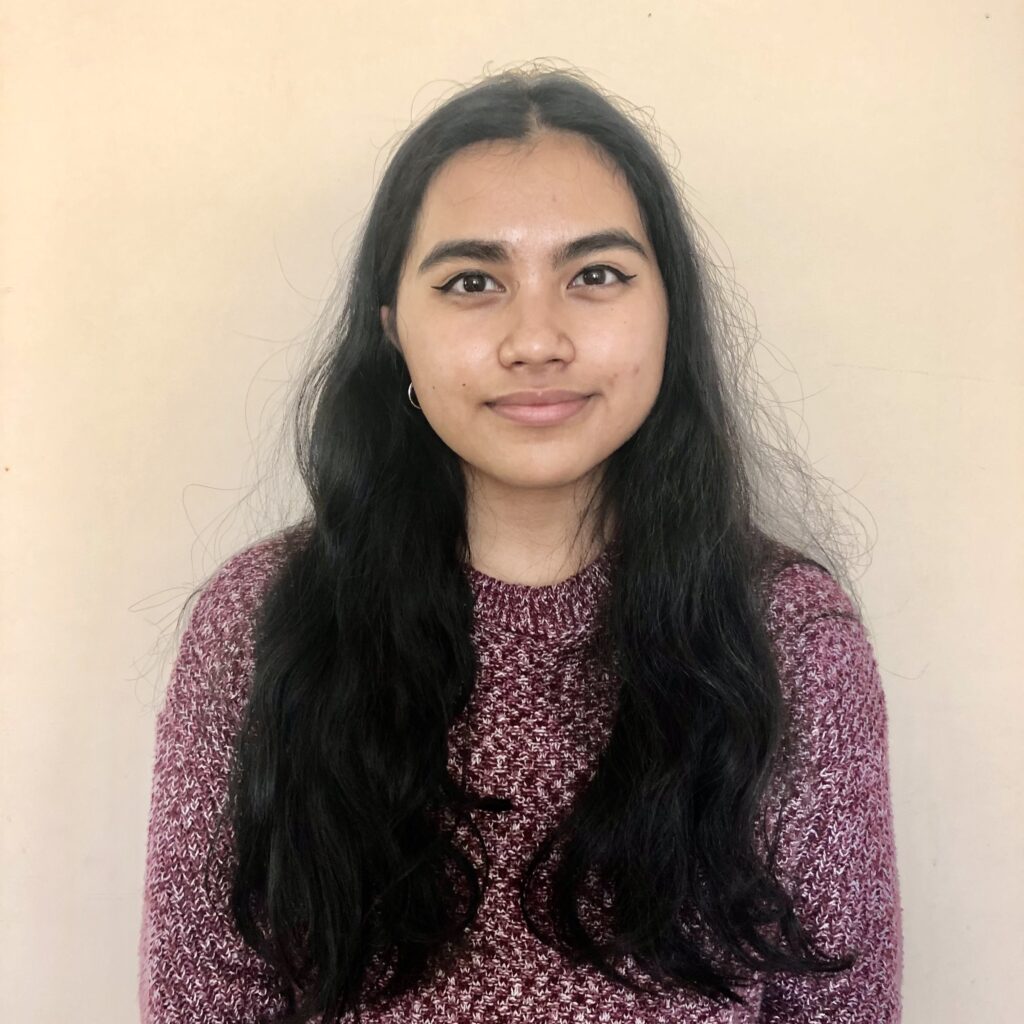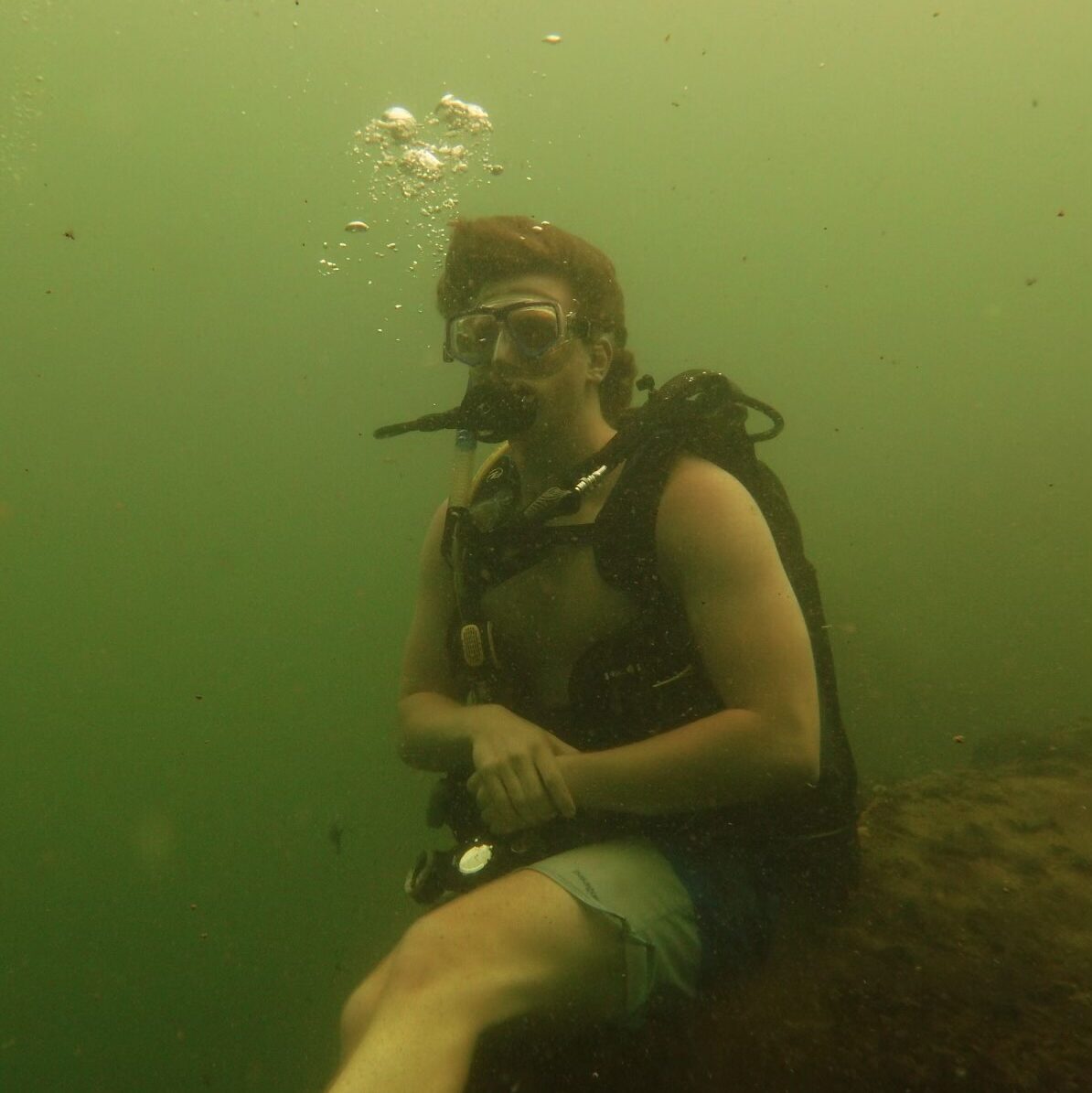
In partnership with the Princeton Perspectives Project (PPP), we’re back for Part 2 of our interview with Organic Chemistry TA Tom Silldorff ’23. While organic chemistry, or “Orgo,” may have earned its notoriety for its exceeding complexity, demanding exams, and time-intensive study, this does not mean that students have to struggle the whole way through. In our first interview, we discussed how Tom found his passion for Orgo and some of his key takeaways from tutoring on how students can grow throughout the course. This time, we’re tackling some of the deepest challenges students face while taking Orgo: What actually gives Orgo its difficult reputation? What can prospective Orgo students do now to prepare for the course? How did Tom face his own struggles with the demand for effortless perfection? If you’ve ever wondered how you can maximize your growth from Orgo or even academics more generally, then read on for one final reflection on fear, failure, and the beauty of Organic Chemistry with graduating senior, Tom Silldorff.
Continue reading Preparing for ORGO, Overcoming Fear, & Rejecting Effortless Perfection: Interview with Tom Silldorff, Part 2

